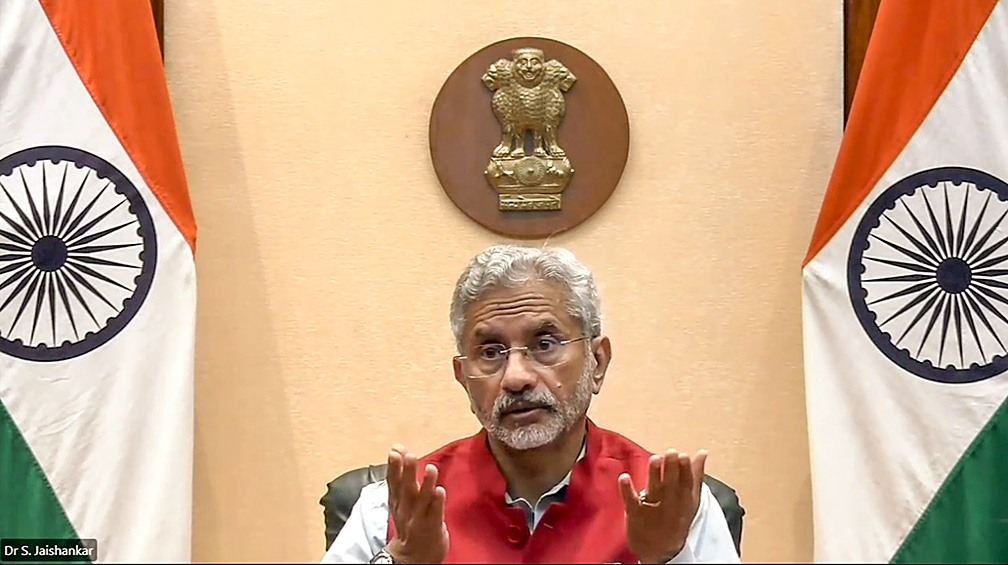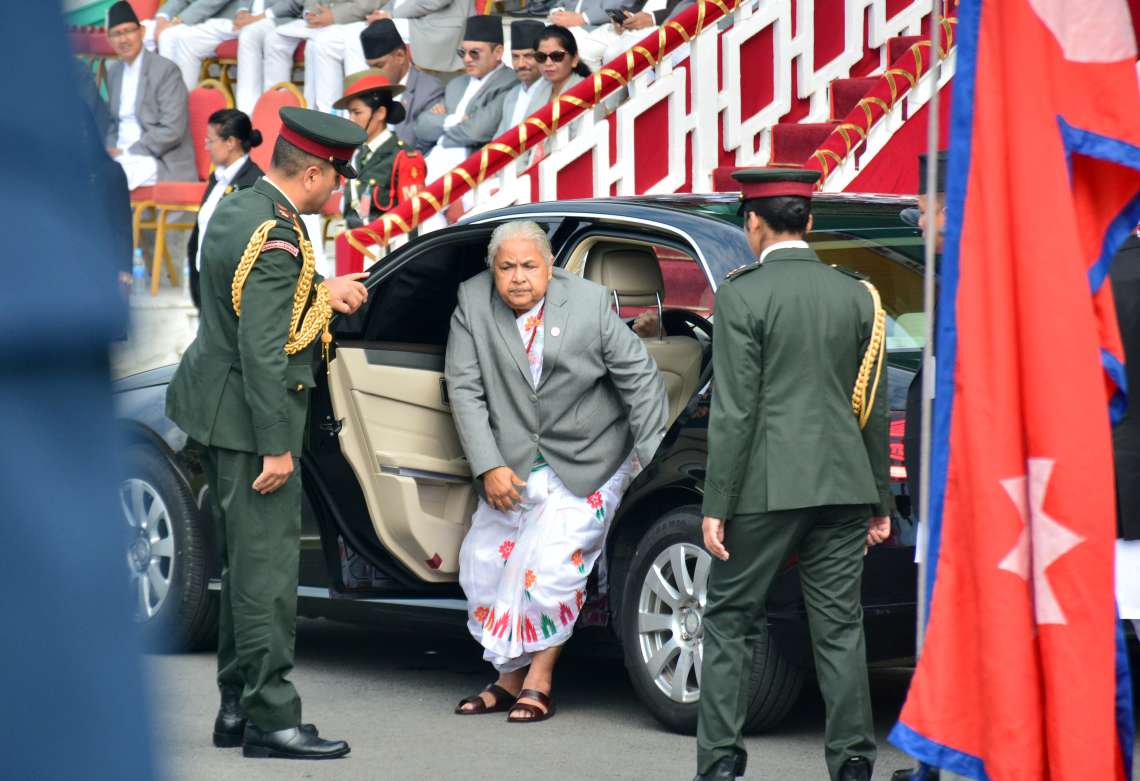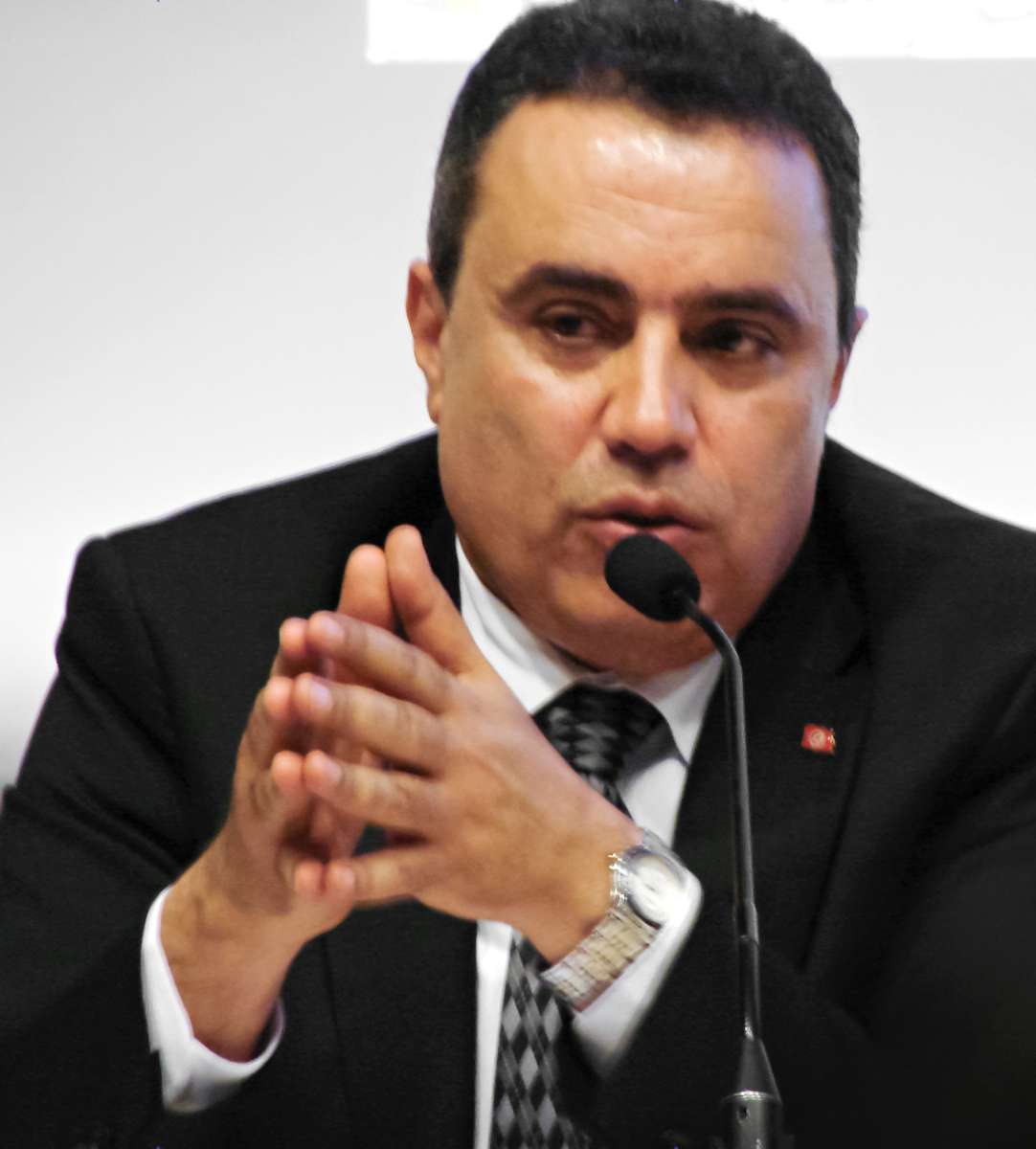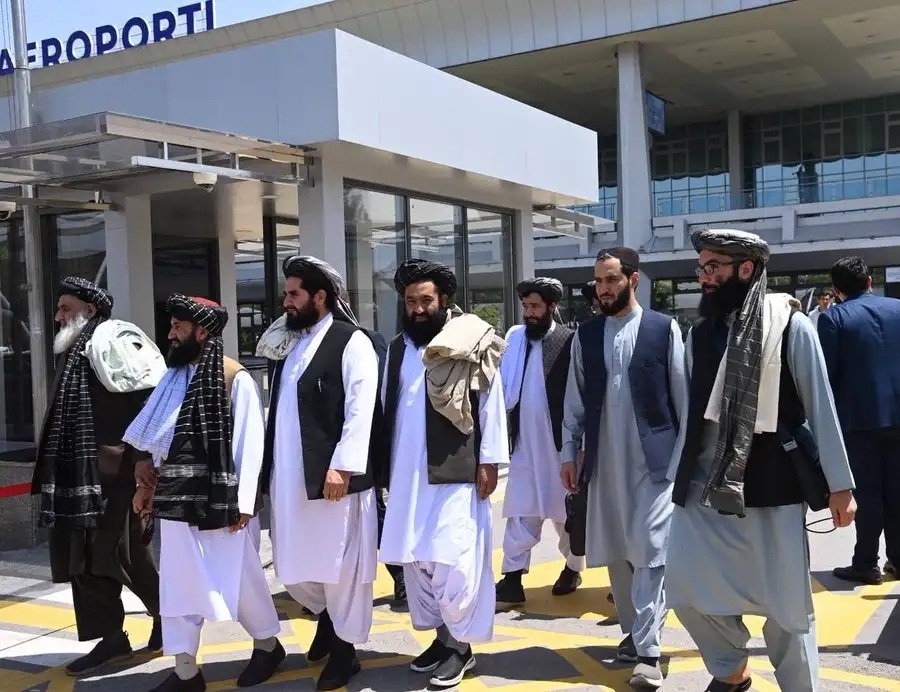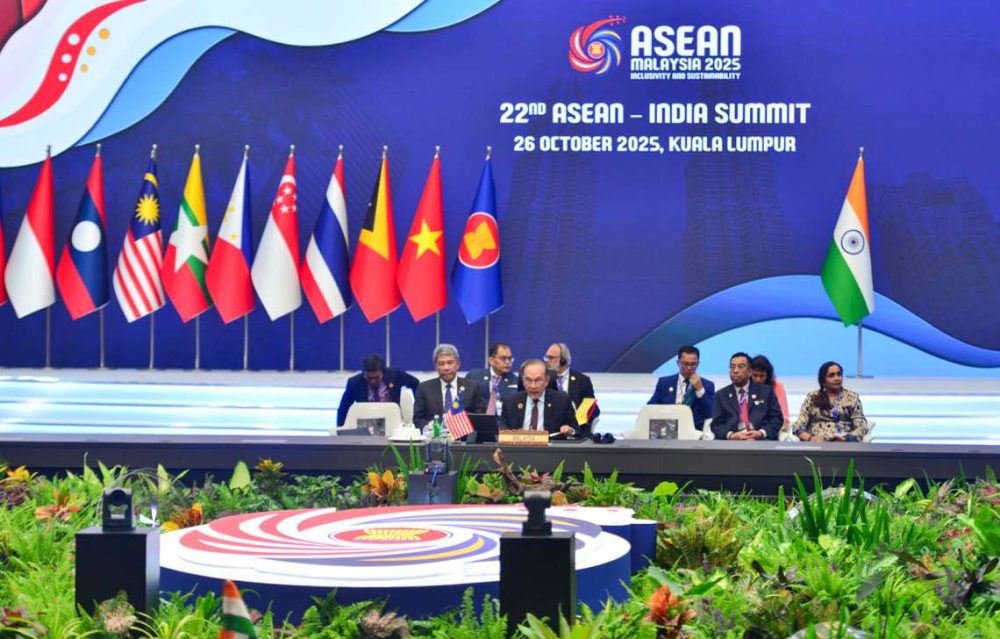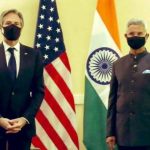In his address, Jaishankar observed that with the G20 Leaders’ Summit 2023 a little over a month away, four points were especially important with respect to the ongoing Indian G20 Presidency…reports Asian Lite News
Stating that multiple challenges confront the G20 grouping, External Affairs Minister S Jaishankar said that India adopted an unconventional approach to its Presidency, making it much more connected with people.
A major highlight of the second day of the Think20 (T20) Summit in Mysuru on Tuesday was a virtual address by Jaishankar, followed by a high-level interaction with him. Speaking on India’s G20 Presidency, Jaishankar said that there have been “some achievements, some work in progress, and some hope in progress”.
The T20 is an official Engagement Group of the G20 and serves as an “ideas bank” for the G20 by bringing together think tanks and high-level experts to deliberate on relevant policy issues. Observer Research Foundation (ORF) is serving as the T20 Secretariat during India’s Presidency of the G20.
Introducing the session, Ambassador Sujan Chinoy, Chair, T20 India, described Jaishankar as “a remarkable leader who strides Indian foreign affairs like a colossus”, and as “a key architect of India’s robust foreign policy under Prime Minister Narendra Modi”.
In his address, Jaishankar observed that with the G20 Leaders’ Summit 2023 a little over a month away, four points were especially important with respect to the ongoing Indian G20 Presidency.
Jaishankar said that given the immense value of the G20 as an international grouping, “India must ensure a focus on the right issues and come up with an actionable consensus”.
The external affairs minister emphasised that it is crucial that the G20 remain unified and cohesive, with “open discussion among all members, irrespective of their other affiliations”.
Jaishankar stressed that the polarisation within the UN Security Council has made the G20 a more crucial group than it might otherwise have been.
He stated said that at a time when development is under stress worldwide, the G20’s mandate on development and growth makes it a key contributor to the global good.
“Multiple challenges confront the G20 today. There is a North-South divide and an East-West disconnect, Covid’s impact across sectors, the Ukraine conflict, a debt crisis, and trade disruptions. These factors have impeded efforts to achieve the Sustainable Development Goals and to undertake climate action,” Jaishankar said.
He further asserted that early in its Presidency, “India decided it was important to be fair to countries not in the room and to hear them”.
Consequently, India conducted an exercise called the ‘Voice of the Global South Summit’ in January 2023, entering into a dialogue with 125 countries in order to distil their development concerns. These have shaped India’s priorities as G20 President, he said.
The External Affairs Minister added that as the Indian Presidency draws to a close there have been “some achievements, some work in progress, and some hope in progress”.
A few milestones have included the positive outcomes of the Development Ministers’ Meeting in June 2023; consensus around the idea of sustainable lifestyles; a decisive focus on the challenges of advancing the SDGs; a stron`g and sustained emphasis on women-led development; and progress in deliberations on reforming multilateral development banks, Jaishankar said.
“It is important for G20 member states to realize that what unites us is greater than what separates us,” the external affairs minister said.
Jaishankar concluded his address by stating that India had adopted an unconventional approach to its G20 Presidency, making it “much more connected with people”, and demonstrating that “their concerns and global concerns are indivisible”. (ANI)
ALSO READ-AU’s membership in G20 positive move, says Tunisian ex-PM


